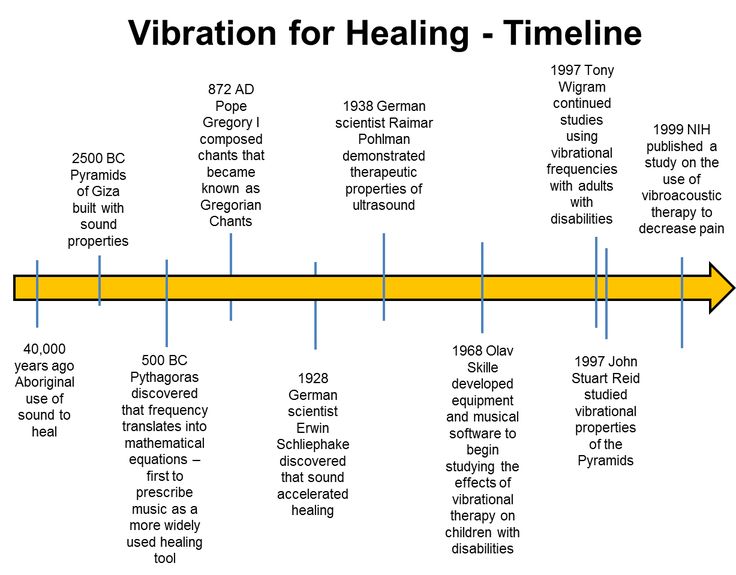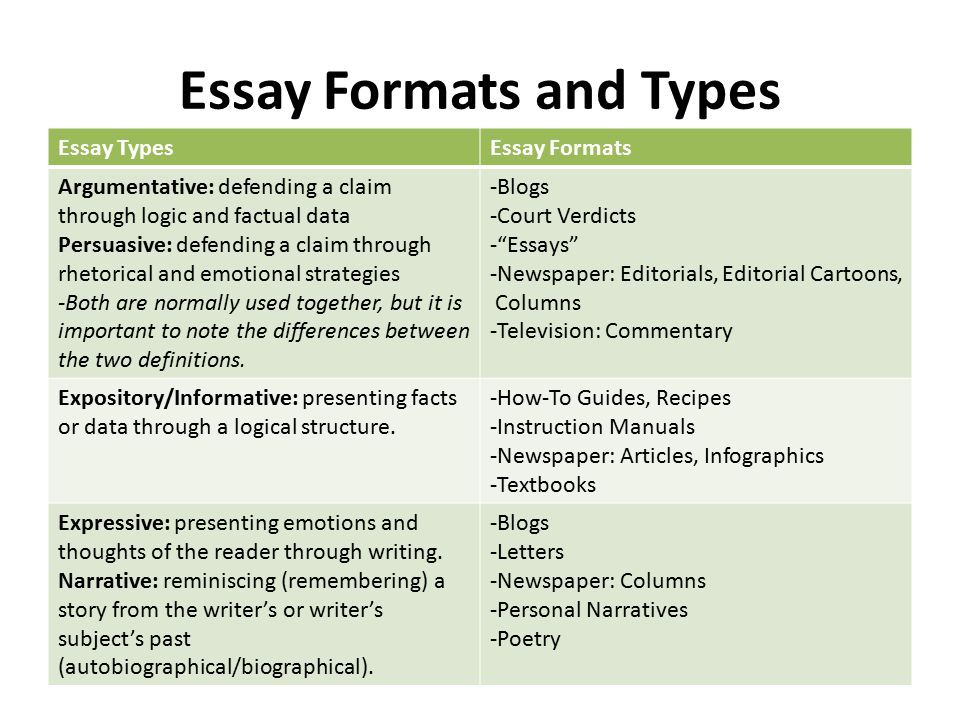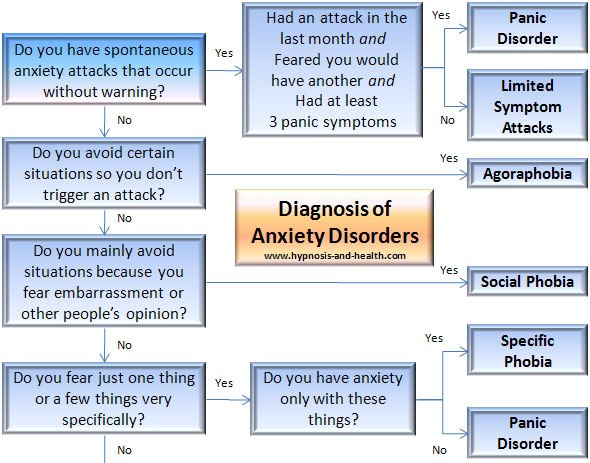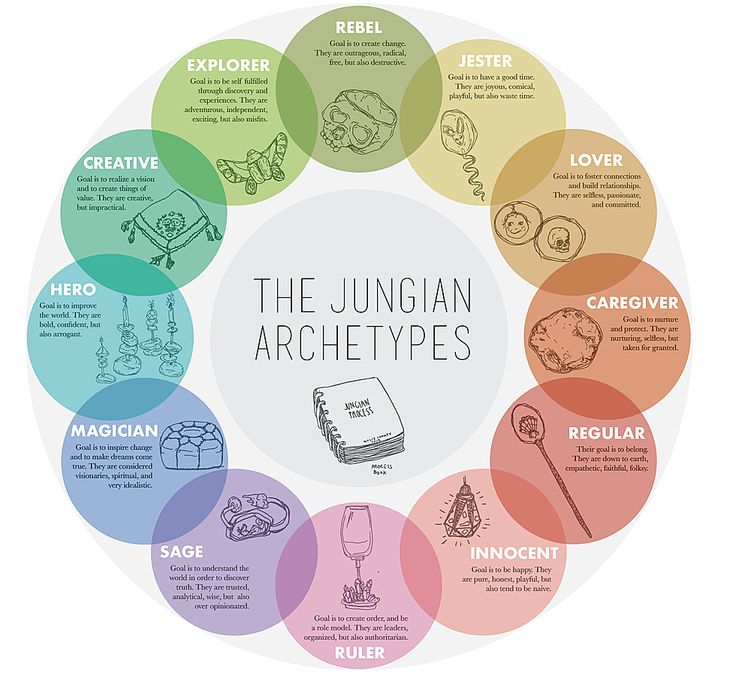Health benefit of music
Benefits of Music on Body, Mind, Relationships & More
In 2009, archaeologists excavating a cave in southern Germany uncovered a flute carved from a vulture’s wing bone. The delicate artifact is the oldest known musical instrument on earth — indicating that people have been making music for over 40,000 years.
Although we can’t be sure exactly when human beings began listening to music, scientists do know something about why we do. Listening to music benefits us individually and collectively. Here’s what research tells us about the power of music to improve our physical, mental, and emotional health.
Researchers think one of the most important functions of music is to create a feeling of cohesion or social connectedness.
Evolutionary scientists say human beings may have developed a dependence on music as a communication tool because our ancestors descended from arboreal species — tree-dwellers who called to one another across the canopy.
Music remains a powerful way of uniting people:
- national anthems connect crowds at sporting events
- protest songs stir a sense of shared purpose during marches
- hymns build group identity in houses of worship
- love songs help prospective partners bond during courtship
- lullabies enable parents and infants to develop secure attachments
How, then, does music benefit us as individuals?
It can lead to better learning
Doctors at Johns Hopkins recommend that you listen to music to stimulate your brain. Scientists know that listening to music engages your brain — they can see the active areas light up in MRI scans.
Researchers now know that just the promise of listening to music can make you want to learn more. In one 2019 study, people were more motivated to learn when they expected to listen to a song as their reward.
Listening has limits
A note of caution: You may want to withhold the earbuds for some students. Researchers who tested students with lower working memory capacity found that listening to music — especially songs with lyrics — sometimes had a negative effect on learning.
It can improve memory
Music also has a positive effect on your ability to memorize.
In one study, researchers gave people tasks that required them to read and then recall short lists of words. Those who were listening to classical music outperformed those who worked in silence or with white noise.
The same study tracked how fast people could perform simple processing tasks — matching numbers to geometrical shapes — and a similar benefit showed up.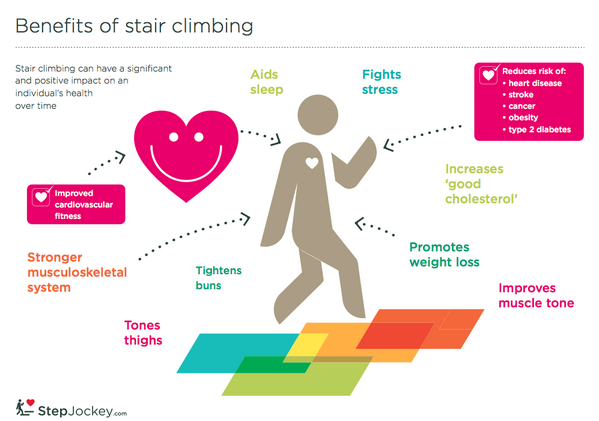 Mozart helped people complete the task faster and more accurately.
Mozart helped people complete the task faster and more accurately.
Mayo Clinic points out that while music doesn’t reverse the memory loss experienced by people with Alzheimer’s disease and other forms of dementia, music has been found to slow cognitive decline, helping people with mild or moderate dementia remember episodes from their lives.
Music memory is one of the brain functions most resistant to dementia. That’s why some caregivers have had success using music to calm dementia patients and build trusting connections with them.
It can help treat mental illness
Music literally changes the brain. Neurological researchers have found that listening to music triggers the release of several neurochemicals that play a role in brain function and mental health:
- dopamine, a chemical associated with pleasure and “reward” centers
- stress hormones like cortisol
- serotonin and other hormones related to immunity
- oxytocin, a chemical that fosters the ability to connect to others
Although more research needs to be done to understand precisely how music can be used therapeutically to treat mental illness, some studies suggest that music therapy can improve the quality of life and social connectedness for people with schizophrenia.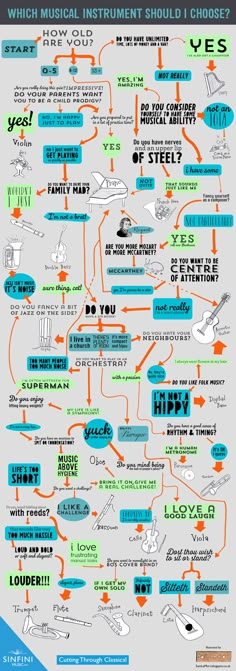
A number of researchers have interviewed groups about why they listen to music. Study participants vary widely in terms of age, gender, and background, but they report strikingly similar reasons.
One of the most common uses of music? It helps people regulate their emotions, researchers found. It has the power to change moods and help people process their feelings.
It can help lower anxiety
There’s lots of evidence that listening to music can help calm you in situations where you might feel anxious.
Studies have shown that people in rehab after a stroke are more relaxed once they’ve listened to music for an hour.
Similar studies indicate that music blended with nature sounds help people feel less anxious. Even people facing critical illness feel less anxiety after music therapy.
There’s conflicting evidence about whether listening to music has an effect on your body’s physiological stress response, however. One study indicated that the body releases less cortisol, a stress hormone, when people listen to music. This same study referenced previous research stating that music had little measurable effect on cortisol levels.
This same study referenced previous research stating that music had little measurable effect on cortisol levels.
One recent study that measured several indicators of stress (not just cortisol) concluded that while listening to music before a stressful event doesn’t reduce anxiety, listening to relaxing music after a stressful event can help your nervous system recover faster.
It helps the symptoms of depression
A 2017 research review concluded that listening to music, particularly classical combined with jazz, had a positive effect on depression symptoms, especially when there were several listening sessions conducted by board certified music therapists.
Not into jazz or the classics? You may want to try a group percussion session instead. The same research review found that drum circles also had above-average benefits for people dealing with depression.
Musical genre matters for depression
One important note: Studies have found that nostalgic sad tunes can actually increase symptoms of depression, especially if you tend to ruminate or withdraw socially.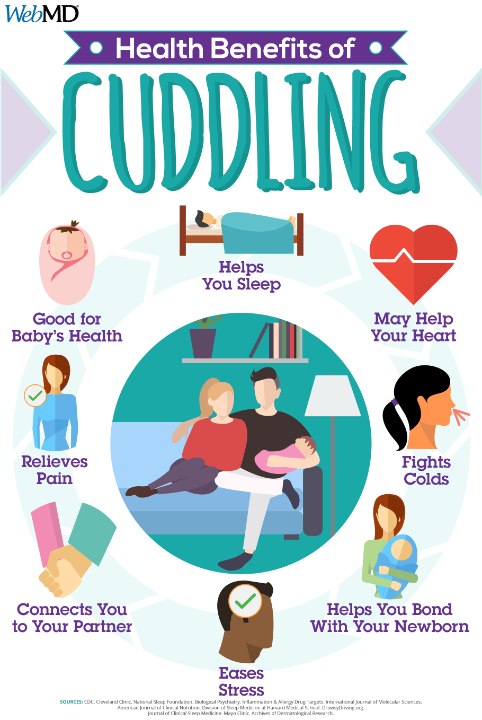 Not surprising, perhaps, but important to know if you want to use music to counteract the blues.
Not surprising, perhaps, but important to know if you want to use music to counteract the blues.
It can help your heart health
Music can make you want to move — and the benefits of dancing are well documented. Scientists also know that listening to music can alter your breath rate, your heart rate, and your blood pressure, depending on the music’s intensity and tempo.
It decreases fatigue
Anyone who has ever rolled down car windows and turned up the radio knows that music can be energizing. There’s solid science behind that lived experience.
In 2015, researchers at Shanghai University found that relaxing music helped reduce fatigue and maintain muscle endurance when people were engaged in a repetitive task.
Music therapy sessions also lessened fatigue in people receiving cancer treatments and raised the fatigue threshold for people engaged in demanding neuromuscular training, which leads us to the next big benefit.
It boosts exercise performance
Exercise enthusiasts have long known that music enhances their physical performance.
A 2020 research review confirms that working out with music improves your mood, helps your body exercise more efficiently, and cuts down on your awareness of exertion. Working out with music also leads to longer workouts.
In clinical settings, athletes who listened to high-intensity, fast music during warmups were motivated to perform better competitively.
You don’t have to be a world-class competitor to benefit: Research shows that syncing your workout to music can allow you to reach peak performance using less oxygen than if you did the same workout without the beat. Music acts as a metronome in your body, researchers said.
It can help manage pain
Specially trained music therapists use music to help alleviate pain in inpatient and outpatient settings. A 2016 meta-analysis of over 90 studies reported that music helps people manage both acute and chronic pain better than medication alone.
About music therapy
The American Music Therapy Association describes music therapy as the use of music in hospitals, outpatient clinics, rehab clinics, nursing homes, schools, correctional facilities, and substance use programs to help meet the medical, physical, emotional, and cognitive needs of patients.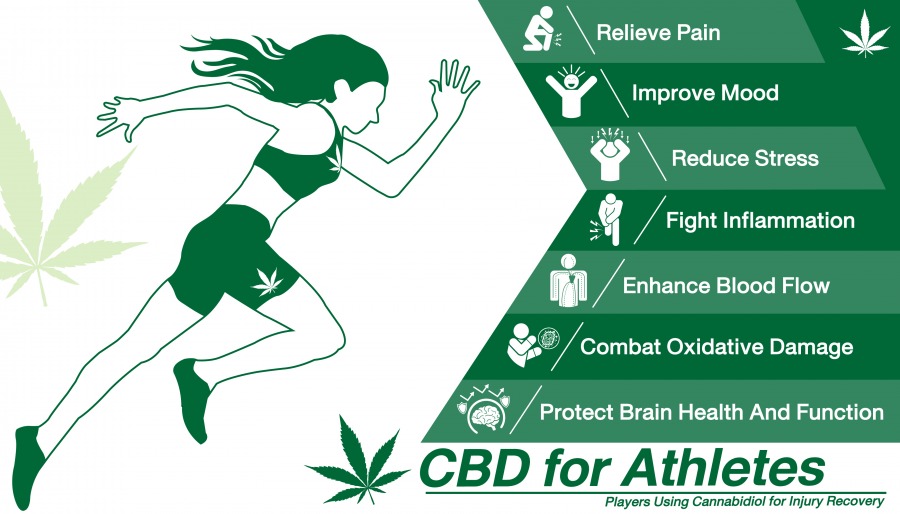 To find a board- certified music therapist in your area, check this registry.
To find a board- certified music therapist in your area, check this registry.
Music exerts a powerful influence on human beings. It can boost memory, build task endurance, lighten your mood, reduce anxiety and depression, stave off fatigue, improve your response to pain, and help you work out more effectively.
Working with a music therapist is one effective way to take advantage of the many benefits music can have on your body, mind, and overall health.
Is Music Addiction Possible? Here’s What to Know
If you love music, you’re not alone. People throughout the world appreciate and use music every day, whether it’s to advertise, remember facts, exercise, or drift off to sleep. For many, music also plays a huge role in culture and identity.
Plus, music may also:
- reduce anxiety and stress
- help relieve pain
- improve your mood
- improve sleep quality
While there’s little fault to find with those effects, some question whether people can enjoy music a bit too much.
The short answer to this is no: Experts don’t formally recognize music addiction as a mental health diagnosis. Still, that doesn’t mean music habits can still sometimes become problematic.
In short, not really.
Experts don’t formally recognize music addiction as a mental health diagnosis. Still, that doesn’t mean music habits can still sometimes become problematic.
If you have any familiarity with how addiction develops, you might know a little about the role dopamine plays.
Here’s the short version:
Substance use or certain behaviors trigger the release of dopamine in the brain’s reward system. Over time, the brain begins to rely on these substances or behaviors and naturally releases less dopamine. So, your brain becomes dependent on those dopamine triggers.
A 2011 study involving 10 people who experience chills when listening to music suggests that music can trigger a dopamine release when it produces an intensely positive emotional response — aka the chills.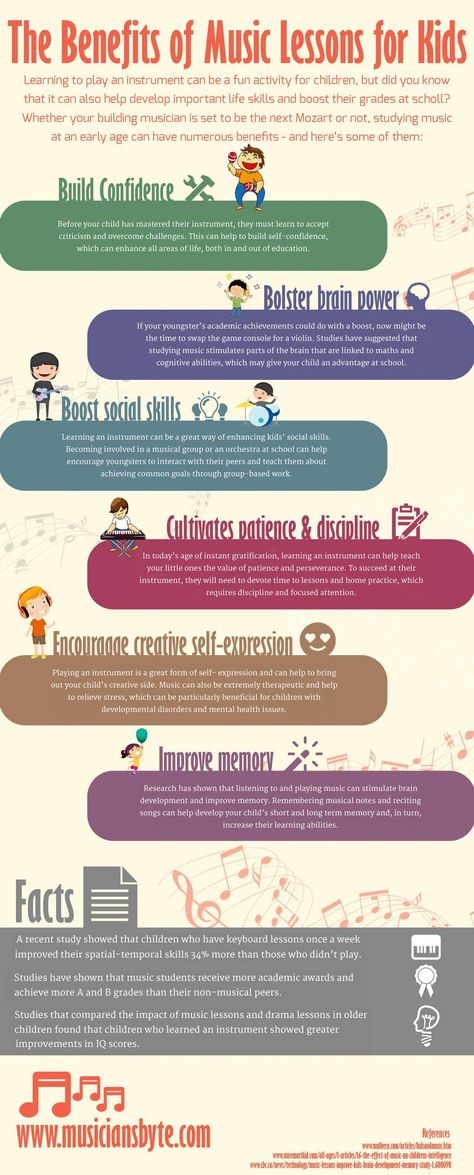
In theory, the brain could potentially come to rely on music-triggered dopamine production, but there’s not much evidence to suggest this actually happens.
There’s no straight answer here, but we can look to things that health professionals generally check for when evaluating someone for a potential addiction:
- Can you control the behavior pattern?
- Does it cause problems in your daily life?
- Do you continue the behavior despite any negative consequences, because you feel unable to stop?
- Do you need the behavior more over time and experience withdrawal when you don’t engage in it?
It really comes down to this: Does listening to music affect you negatively?
Here are some more specific signs that you may want to take a closer look at your music habits.
You rely on music to manage your emotions
Music is often deeply emotional. It can convey an almost endless range of feeling.
It’s often used as a coping strategy for anxiety or stress. Many people report improvements in mood and motivation after listening to energizing music. It may even help you express emotions and find deeper insight.
Many people report improvements in mood and motivation after listening to energizing music. It may even help you express emotions and find deeper insight.
Still, it won’t get to the heart of what’s causing your distress.
Keep in mind that listening to music that matches your mood can also intensify that mood — for better or worse. Sometimes this can help.
Sad breakup songs, for example, might help you work through your feelings after romantic disappointment. On the other hand, they might also have the opposite effect and prolong your feelings of sadness and grief.
You can’t function without music
Music can help make challenging or unpleasant tasks more tolerable. You might turn up the radio in bad traffic, jam out to high-energy songs while housecleaning, or listen to soothing music when you feel stressed.
Music isn’t appropriate in all situations, though.
For example, secretly listening to music during school lectures, meetings at work, or while someone’s trying to have a serious conversation with you isn’t a great idea.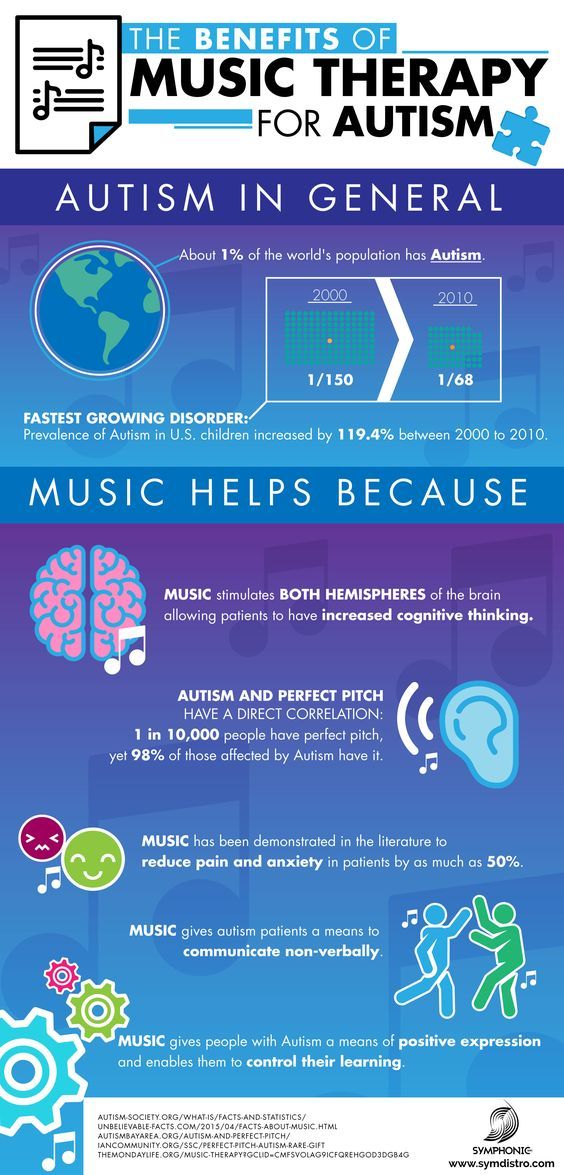
If you feel distressed or find it difficult to function without music, it may be worth exploring why.
Music distracts you from important tasks
Getting lost in a song (or two) is pretty normal. Regularly losing track of time when listening to music could create challenges, however, especially when it keeps you from carrying out your responsibilities.
Maybe you wait for that 6-minute guitar solo to wrap up before you head out to pick your partner up from work. Or you get so in the zone that you’re suddenly way behind on making that dinner you promised you would.
Music plays a part in substance use
Substance use enhances the experience of listening to music for some people. Maybe a couple drinks helps you loosen up and dance at a live show. Or ecstasy makes you feel like you’re mentally synced up with the DJ.
Occasionally using substances while enjoying a deeper connection to music isn’t necessarily a problem, but it’s something to be mindful of.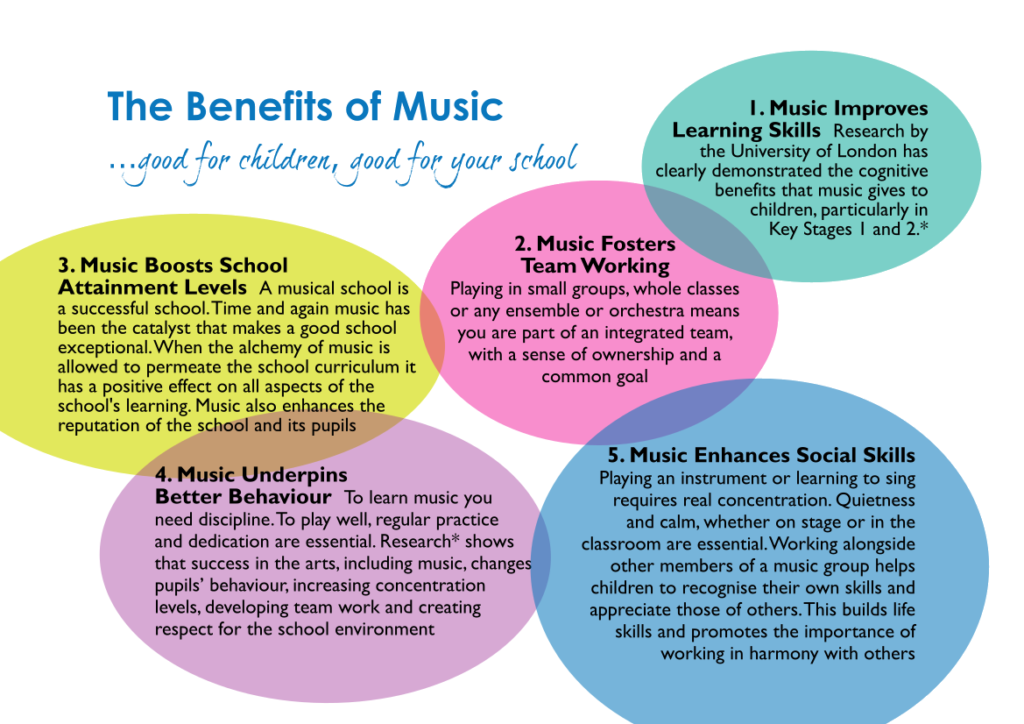
According to 2015 research, 43 percent of 143 people receiving treatment for a substance use disorder linked a specific type of music with a greater desire to use substances.
Again, this doesn’t necessarily mean music is bad. In fact, most study participants also said music played an important part in their recovery.
But these findings do suggest music could potentially play a part in problematic substance use.
If you find yourself drawn to a specific type of music that also triggers a desire to use substances, consider taking a closer look at this connection.
Unless listening to music is having a negative impact on your life, there’s no reason to cut back.
If you’re looking to make some changes, though, consider these strategies.
Identify areas where you can go without music
Even if you want to listen to less music, you don’t have to go without it entirely. Instead, try choosing specific times of day or activities when avoiding music might be wise.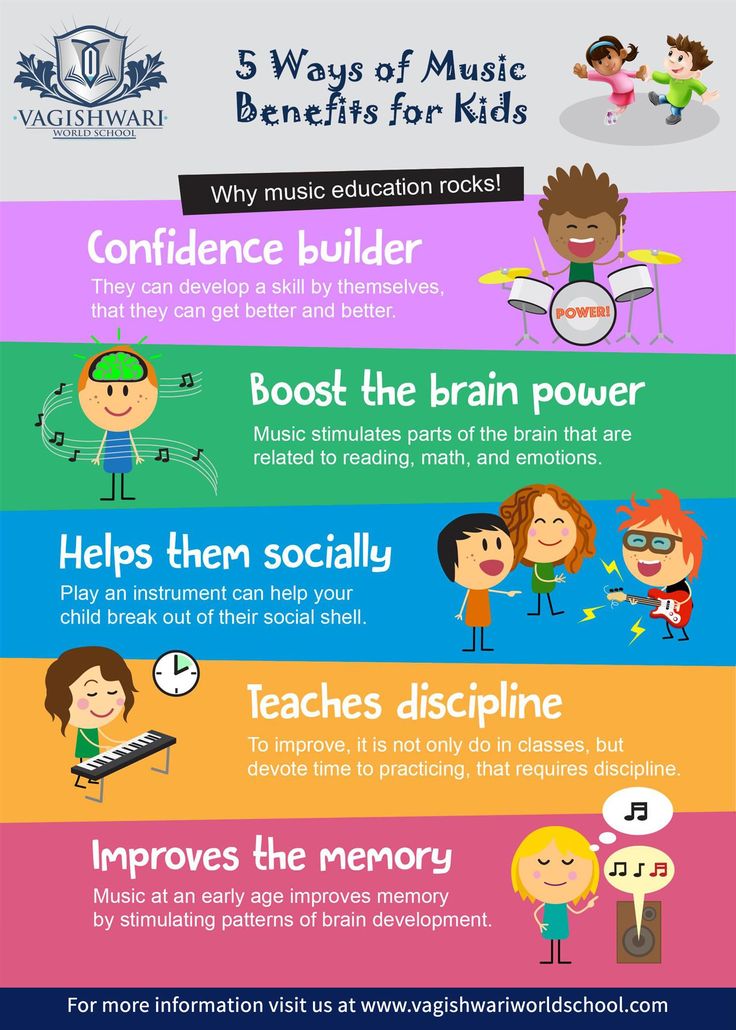
If you’ve identified specific areas of problem listening (during class lectures or at work when you’re supposed to focus on customers, for example), start cutting back there.
If you have the ability to listen to music nearly all day, every day, set aside some time when you could go without.
Sure, you can hang on to your workout tunes, but try giving your listening device a break when you go for a walk. Keep your ears open for the sounds of nature instead.
Break up your listening with other activities
If you listen to music pretty much nonstop, you may spend less time taking in other forms of media or interacting with others. Music has plenty of benefits, it’s true. But other media can offer benefits too.
Some things to try:
- Call a friend or loved one.
- Watch a favorite movie.
- Study a new language (free apps like Duolingo or audio CDs from your local library work great for this).
Listen to other things
Music is convenient because you can listen while doing other things.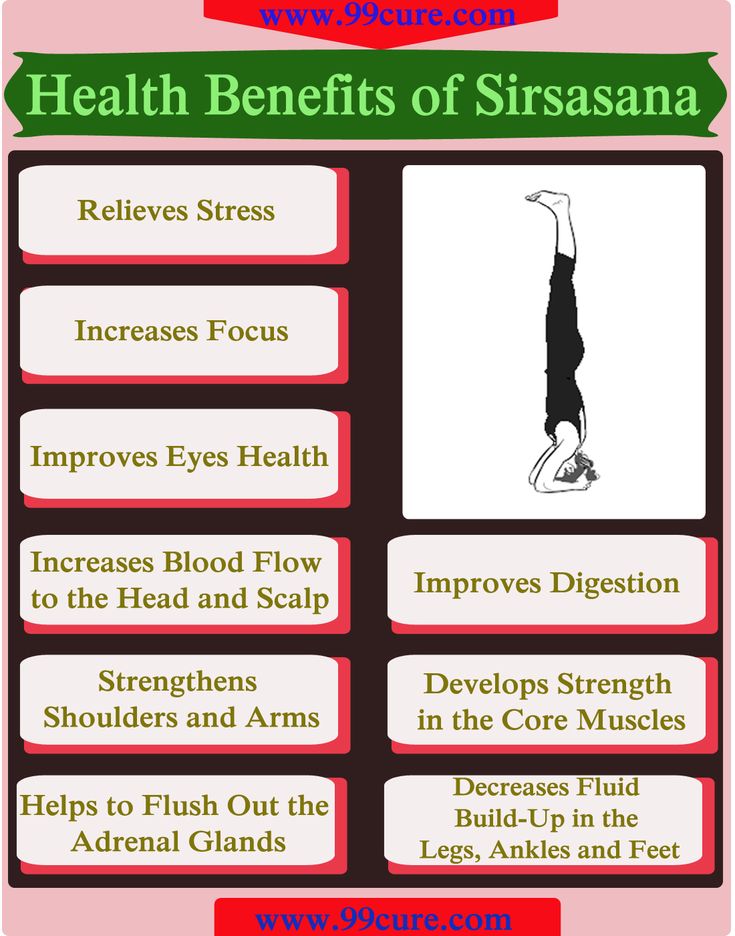 Background noise can keep you company at home or work if you don’t enjoy silence.
Background noise can keep you company at home or work if you don’t enjoy silence.
Music isn’t your only option, though.
Consider giving these different types of audio a try:
- National Public Radio (NPR). Google NPR followed by your city’s name for your local channel.
- Audiobooks. Many local libraries offer fiction and nonfiction options for checkout or streaming.
- Podcasts. No matter what you’re interested in, there’s probably a podcast about it.
Change how you listen to music
If your music listening is less of a problem than how you listen to music, making a few changes in your listening style could help:
- When you feel down and music makes it easier to wallow in gloom, try journaling, talking to a friend, or going for a walk.
- If loud music distracts you from work or studying, consider switching to music without lyrics when you need to focus.
- Consider lowering the volume or removing your headphones in situations when you need increased awareness, like at work or on the road.

By this point, you may have realized you don’t have a problem with your music listening habits. Even so, keeping these tips in mind can help you get the most enjoyment and benefit from music — and protect your hearing at the same time.
Turn down the volume
The one major downside to listening to music? It can lead to hearing loss over time if it’s too loud.
You might not even realize just how high the volume is. People tend to play the music they love most at higher volumes, perhaps because they believe it’s not as loud as music they enjoy less — even when the volume is exactly the same.
So, if you really want to blast that one song, go for it, but then lower the volume. Your ears (and probably your neighbors) will thank you.
If you use headphones, remember the 60-60 rule: Only listen to up to 60 percent of maximum volume for 60 minutes a day.
Switch to over-ear headphones
If you’re concerned about hearing loss, experts recommend headphones that cover your ear as a safer option.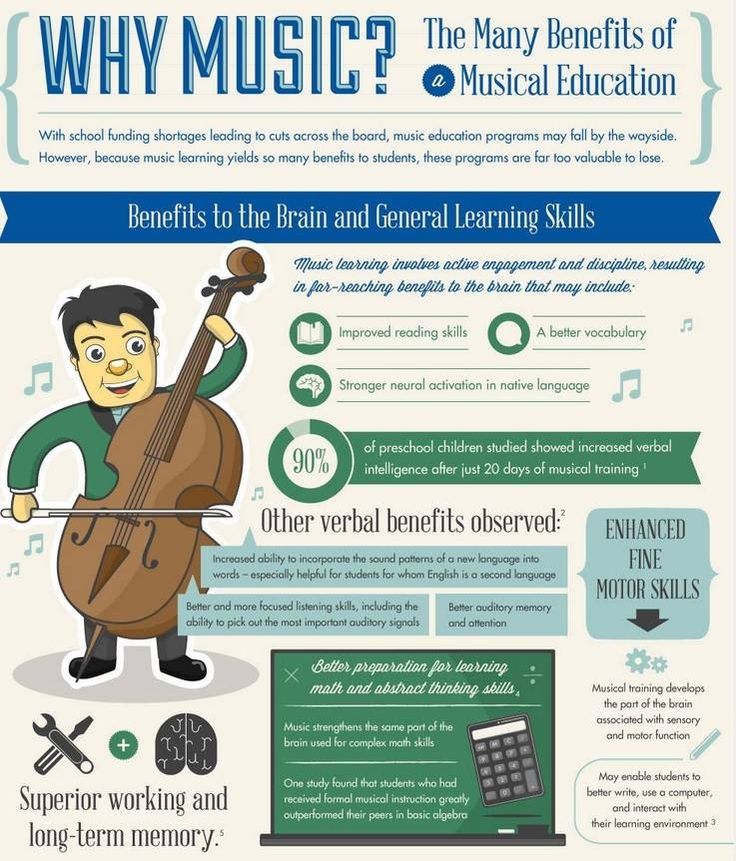 Earbuds and wireless headphones may be fantastically convenient, but they can increase your chances of hearing loss.
Earbuds and wireless headphones may be fantastically convenient, but they can increase your chances of hearing loss.
Noise-canceling headphones can also block out background noise, making it easier to lower the volume without the unwanted consequence of external sound creeping in and disrupting your chill.
Match your music to the situation
You probably know what types of music energize you, but certain types of music can offer benefits in specific situations:
- Music with a slow, restrained tempo can promote relaxation and lower stress.
- Classical music can help increase focus, especially when studying.
- Your favorite music can help improve a bad mood.
If you feel like you need to rework some of your habits around music but are having a hard time doing so, working with a therapist can be a big help.
A therapist can help you better understand what drives your behaviors around music and come up with healthier ways to address them.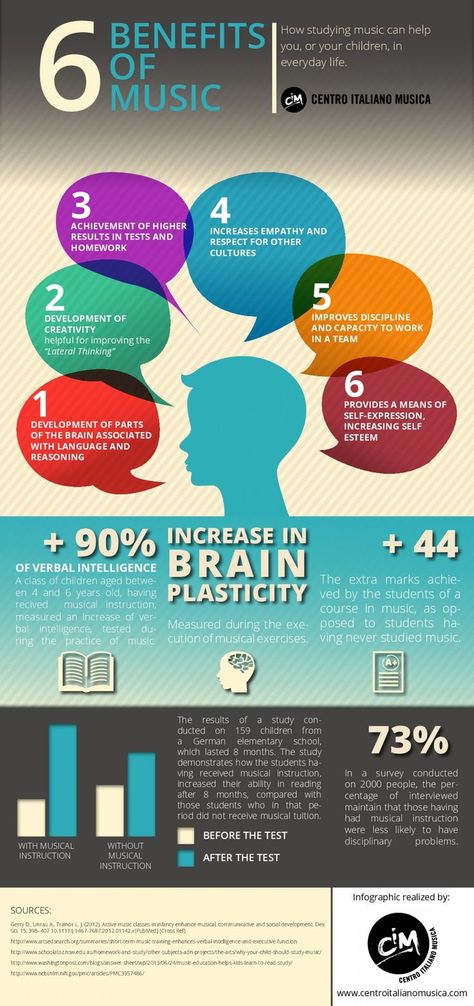
Say you use music to relieve persistent anxiety, but your reliance on music is causing problems in your relationship. A therapist can help you address the causes of your anxiety and find other ways to cope with symptoms in the moment.
It’s also best to talk to a therapist if you notice symptoms of anxiety, depression, or other mental health concerns. Music can certainly help you feel better, but it’s not the same as treatment.
Our guide to therapy for every budget can help you get started.
Feel like you can’t live without music? It’s a pretty common feeling. For most people, music mostly has a positive impact, so listen away. Still, it never hurts to keep an eye (or ear) open for signs that music is causing problems in your life.
Crystal Raypole has previously worked as a writer and editor for GoodTherapy. Her fields of interest include Asian languages and literature, Japanese translation, cooking, natural sciences, sex positivity, and mental health.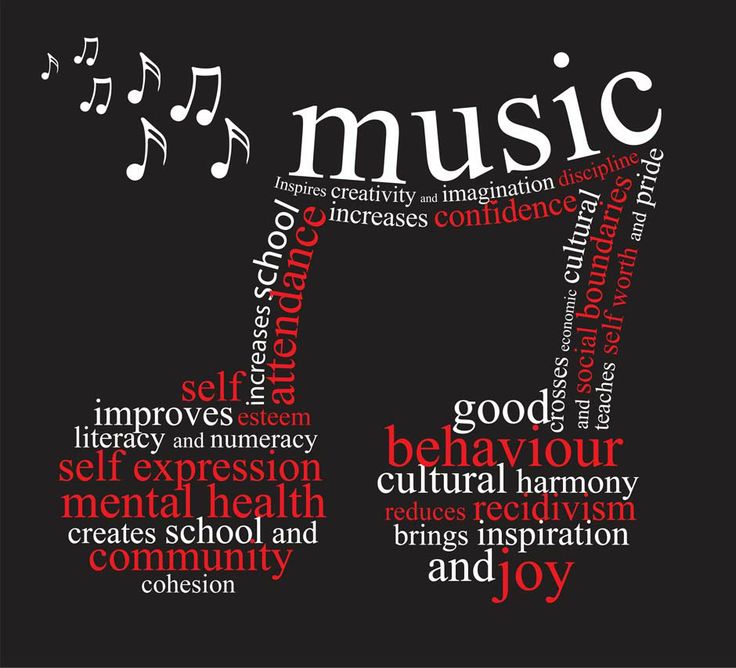 In particular, she’s committed to helping decrease stigma around mental health issues.
In particular, she’s committed to helping decrease stigma around mental health issues.
6 scientific evidence that music is good for health
March 22, 2016MusicHealth
Music is an amazing art form. No other way of transmitting information could overcome all possible barriers: language, age, national... But do we know everything about it?
Share
0Modern scientists believe that music is not just an art, because it affects not only our mind, but also our body. Neuroscientist, musician and writer Daniel Levitin, in his book This Is Your Brain on Music, explained why it is important to study and understand music:
The better we understand this art form, the better we understand ourselves: our own motives, fears, desires, memories and even behavior.
Music makes a person smarter
Music activates various parts of the brain, we memorize texts and motives. It is known that different melodies and rhythms evoke different emotions.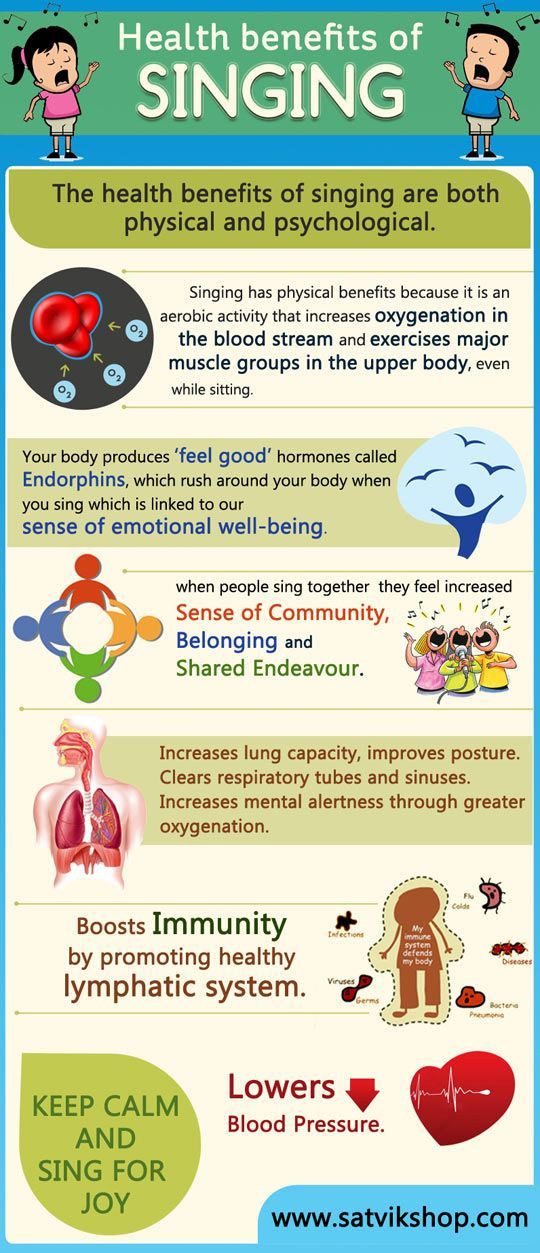 Moreover, music allows you to restore brain function in traumatic brain injuries.
Moreover, music allows you to restore brain function in traumatic brain injuries.
Musicians, especially those who started playing as children, are even more influenced by music. So, one of the studies on this topic showed that the study of music contributes to the sustainable development of non-verbal thinking. In an interview with News in Health, Harvard Medical School neurologist Gottfried Schlaug argues that the nervous system of musicians is different from that of non-music people. The brain of a musician has a large number of connections between the hemispheres.
When composing music, various parts of the brain are activated, including visual, auditory and motor. Therefore, writing melodies can be one of the ways to treat nervous disorders.
Gottfried Schlaug
Note: I have no doubt that listening to math metal music while preparing for higher mathematics exams is beneficial. Someone in these cases helps avant-garde or atmospheric black metal.
Sad music lifts the mood
But a study published in the journal Frontiers in Psychology showed that sad music does not affect a person in the way it was supposed to. Scientists have found that such tracks evoke two types of emotions: recognizable and experienced. Although the music was perceived by the subjects as tragic, they did not become depressed when listening to it. In fact, people experienced a wide range of emotions, there was even a place for romantic and rather joyful feelings.
Scientists have found that such tracks evoke two types of emotions: recognizable and experienced. Although the music was perceived by the subjects as tragic, they did not become depressed when listening to it. In fact, people experienced a wide range of emotions, there was even a place for romantic and rather joyful feelings.
Music heals
In The Effect of Music on the Human Body and Mind, Dawn Kent provides interesting facts about the effects of music on the human body. So, Plato suggested using music to treat anxiety, and Aristotle considered this type of art a tool to get rid of an unstable emotional background.
Music has a noticeable physiological effect on many biological processes. It reduces the effects of fatigue, changes the pulse, evens out breathing, stabilizes blood pressure, plus it has a psychogalvanic effect.
Don Kent
Interesting work by Michelle Lefevre Playing With Sound: The Therapeutic Use of Music in Direct Work With Children, published in 2004 year.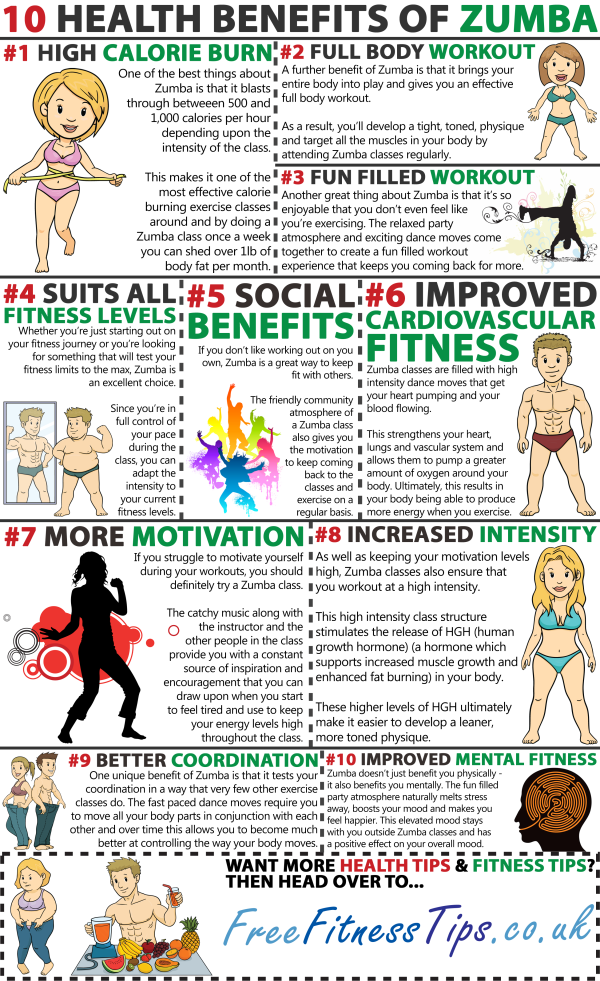 According to Lefebvre's research, high-pitched sounds can cause panic and increase anxiety.
According to Lefebvre's research, high-pitched sounds can cause panic and increase anxiety.
There is even the so-called Mozart effect: listening to the Sonata for two pianos in D major (K. 448) causes some patients to show signs of epileptic seizures. And even those who are in a coma.
Music can regulate sex
viki2win/depositphotos.comAccording to clinical psychologist and family counselor Curtis Levang, music can increase libido. Urologist Y. Mark Hong, for example, believes that music and sex are similar: both evoke strong emotional responses. With the help of music, you can raise the level of serotonin in the blood and improve health in certain types of diseases.
Music will also help on a date: according to a French study, single women who listened to romantic songs were much more willing to give their phone number, in contrast to those who listened to something neutral.
Music helps with physical activity
Music increases endurance and helps to use resources more efficiently during physical activity.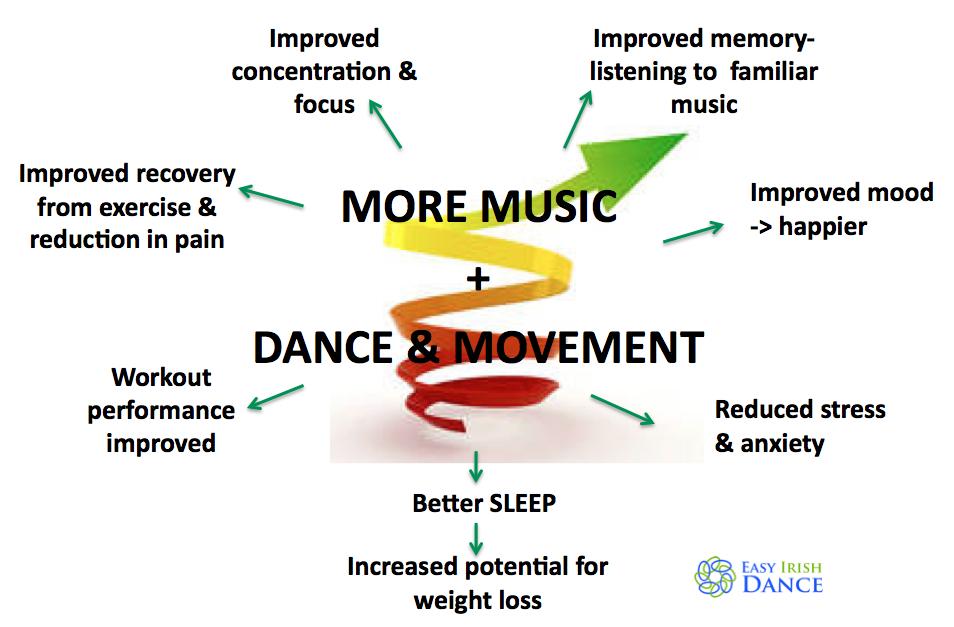 So, the Let’s Get Physical: The Psychology of Effective Workout Music study shows that cycling to music allows you to use 7% less oxygen than without it.
So, the Let’s Get Physical: The Psychology of Effective Workout Music study shows that cycling to music allows you to use 7% less oxygen than without it.
The beats per minute (BPM) in a song has a motivational effect, however, up to a certain limit. The ceiling is 145 beats per minute, faster tunes are no longer able to motivate. In some cases, the speed of the words of the song begins to displace the melody: that is why many people prefer to work with musical accompaniment with rhythmic lyrics, for example, hip-hop.
All in all, it's no surprise that Spotify launched Spotify Running, a service that allows you to track a runner's pace and play songs in a playlist at the appropriate beats per minute.
Singing in the shower is good for you
Dr. Jerry Saliman confirms this. According to him, singing out loud is good for health, especially for the older generation. Singing can improve the brain function of older people suffering from aphasia (complete or partial loss of speech) or Parkinson's disease. In addition, many elderly people live alone and, due to chronic ailments such as arthritis, lead a sedentary lifestyle. Simple and affordable entertainment will positively affect their well-being. In addition, singing improves the functioning of the respiratory system and can reduce shortness of breath.
Singing can improve the brain function of older people suffering from aphasia (complete or partial loss of speech) or Parkinson's disease. In addition, many elderly people live alone and, due to chronic ailments such as arthritis, lead a sedentary lifestyle. Simple and affordable entertainment will positively affect their well-being. In addition, singing improves the functioning of the respiratory system and can reduce shortness of breath.
AMK - Music and health
It is a rare person today who does not listen to or love music. And its diversity today is huge as never before: from the heaviest to the most melodic. And even if you don’t like music at all and don’t want to listen to it, by will - not by will, you have to do it .... She plays in the shops, on the bus, taxi, comes from the open windows from the street. Can such music influence us or our health? Have you ever thought about it?
The benefits of music for the human body have been known since ancient times.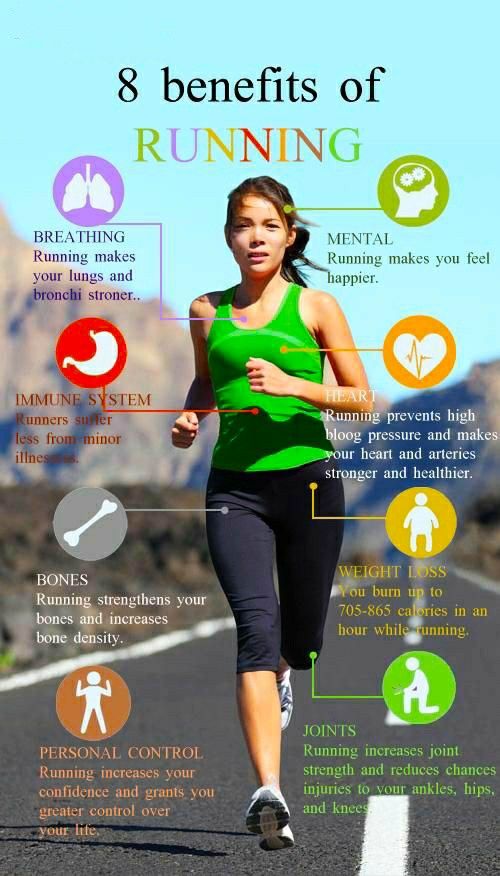 The doctors of ancient Greece used wind instruments in the treatment of patients, and the philosopher Democritus spoke about the benefits of the flute not only for hearing, but also for human health.
The doctors of ancient Greece used wind instruments in the treatment of patients, and the philosopher Democritus spoke about the benefits of the flute not only for hearing, but also for human health.
Scottish scientist Maxwell successfully used music in the treatment of diseases such as epilepsy, dropsy, paralysis and various types of colds. What kind of music was used to treat a person and is any music good for the body?
Scientists state that the most useful music is classical and folklore. Classical music has a positive effect on the physiology of people, as well as on intellectual abilities. Rock music has a negative effect on the body. Rock vividly shows the connection between music and violence: it brings a person to ecstasy, when he wants to crush and break everything. Violence is also manifested in rap, pop music.
The results of the latest research have shown that music activities (for example, playing musical instruments) have a positive effect on brain function.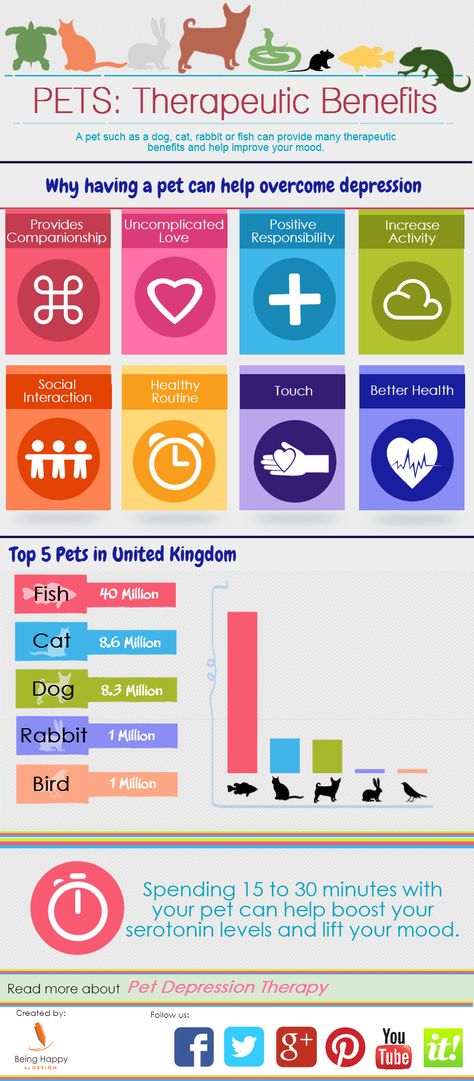
This is especially true for children. An experiment by scientists from Harvard Medical School showed that in children who studied music for 2.5 hours weekly for 15 months, the volume of the corpus callosum of the brain, which is responsible for the exchange of information between the right and left hemispheres, increased by 25%.
Italian doctors from the Institute of St. Anne in Crotone noticed that listening to classical music causes changes in the heart rate of patients in a vegetative state. Doctors wrote an article about their discovery in the journal New Scientist. According to the article, the doctors picked up several classical pieces of music and selected excerpts from them in such a way that they differed in tempo and rhythmic coloring. Next, the scientists measured the frequency of heart conditions and patients before and after listening to the passages. A group of healthy volunteers underwent similar experiments.
The results showed that classical music affects the heart rate.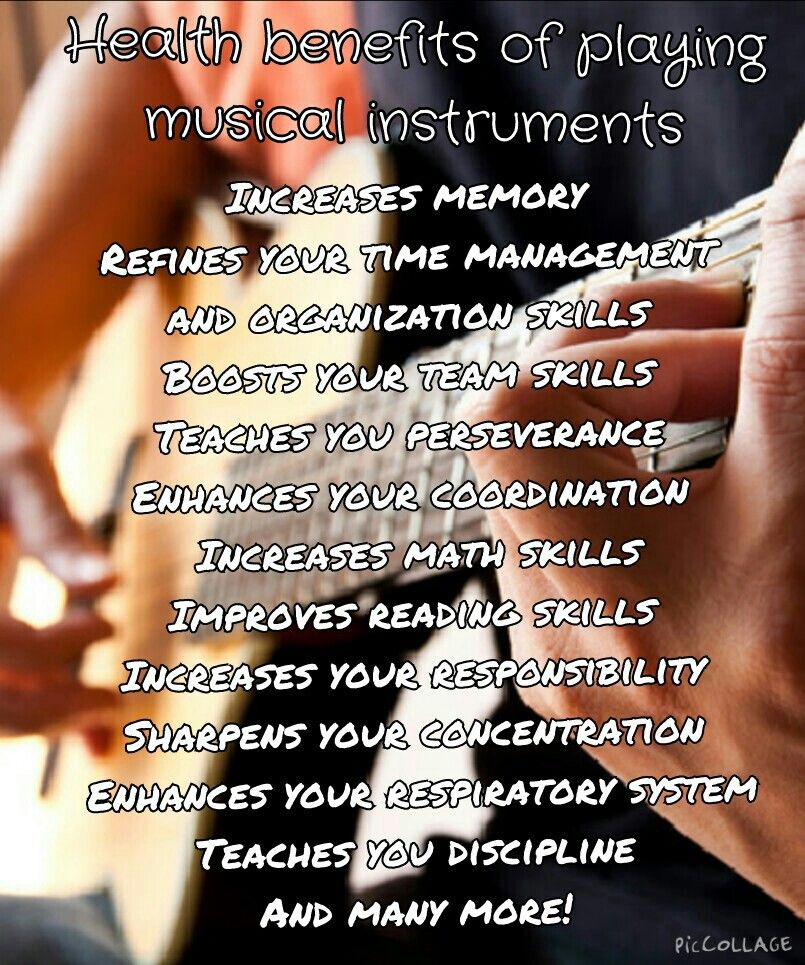 This has been seen in both healthy patients and those in a vegetative state.
This has been seen in both healthy patients and those in a vegetative state.
Also, scientists have found that music with an excess of decibels can harm a person, worsen his well-being and general condition.
Any music affects breathing, pulse, blood pressure and energy. Music can relieve stress and increase immunity, raise the strength of the spirit, inspire creativity. But it can also introduce a person into stress, cause aggression, apathy, deterioration of well-being.
The exact mechanism of the influence of music on human health has not yet been established. It is only known that the vibration of sounds creates energy fields that make every cell of our body resonate, as a result of which the physiological processes occurring in the body change, which, under the influence of music, can accelerate, slow down, and even reverse (dissociation-synthesis). Each organ of the human body - the liver, kidneys, brain, lungs and others - has its own tones and rhythms of sound, interacting with each other and with musical waves that have a regulatory effect on them.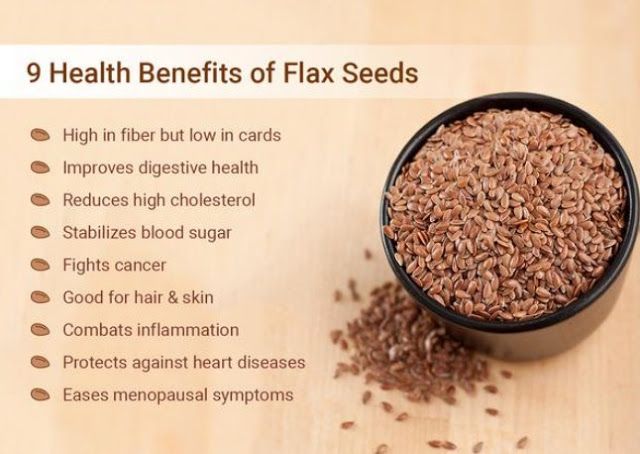 In ancient times, healers could determine what rhythm or tone a person was missing, so treatment with words, music, and even vocal singing was very effective.
In ancient times, healers could determine what rhythm or tone a person was missing, so treatment with words, music, and even vocal singing was very effective.
Some rhythms and certain frequencies can speed up or slow down the metabolism in the body, cause a hypnotic state, etc. Behavioral physiologist George Diamond found that depending on the nature of the music, the listener's muscle strength changes.
Doctors say: despite the fact that music therapy is a harmless and rather mild way of healing, it is necessary to adhere to the following simple rules for using music therapy:
- healing sessions are most effective in the early morning or late evening;
- conduct calming and preventive sessions as needed at a time convenient for you;
- before listening to remove the feeling of hunger, but do not overeat;
- dress in comfortable clothes and sit in a comfortable position;
- at the initial stage, music therapy sessions should not exceed 20-30 minutes, later, you can increase the listening time of the proposed compositions, but do not tire yourself out;
- it is recommended to carry out 1-2 sessions daily with a break of at least 3-4 hours;
- the volume of listening to music - not higher than the average comfortable;
- listen to music in a way that does not disturb other people;
- music therapy does not interfere with medical treatment, and medication does not interfere with music therapy, so if the doctor has prescribed you some medications, you should not stop taking them.